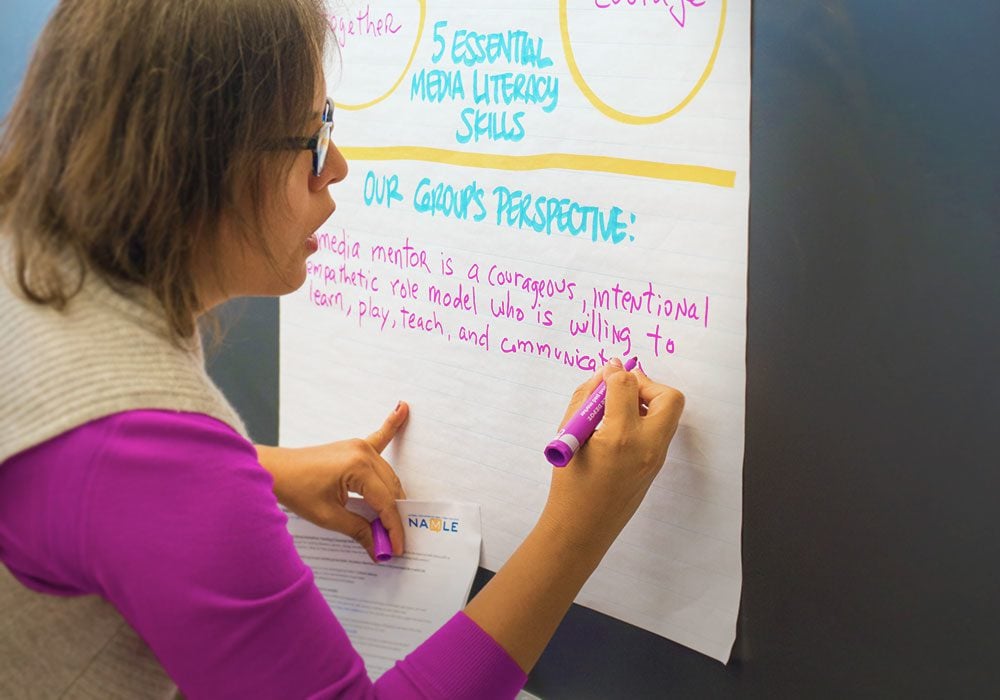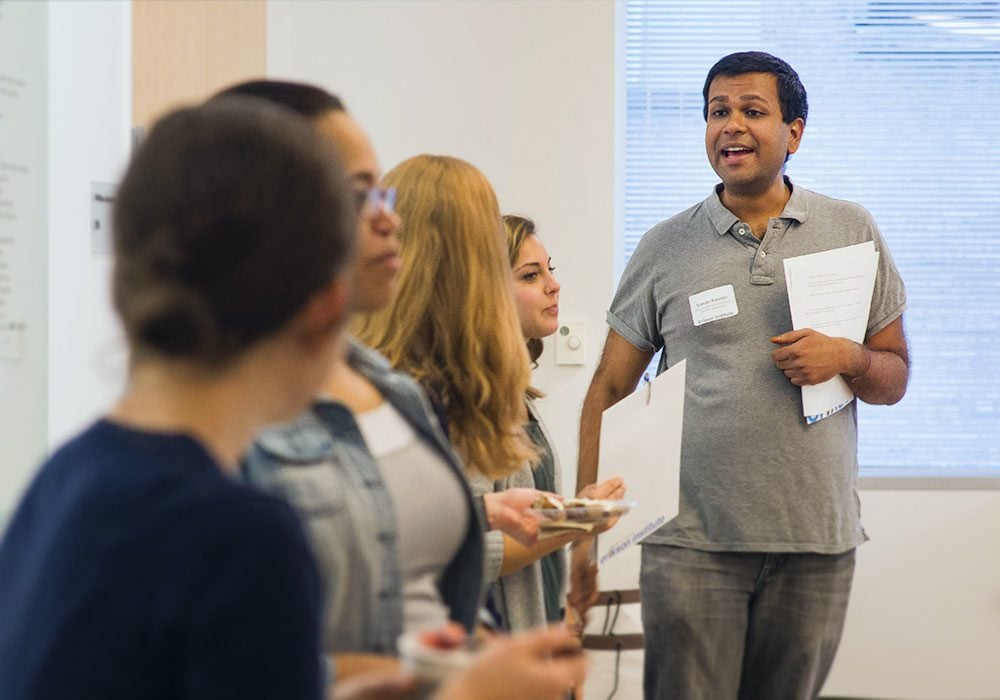
Enrich and improve the lives of children and families with graduate work at Erikson Institute.


Every child deserves the expertise early childhood specialists offer.
As early childhood experts , our graduates go on to change the world, one child at a time. Our degree programs and professional development opportunities are centered in racial equity and lead to inspiration and transformation.



With a range of degree-granting academic programs in fields critical to the wellbeing of children, advancing your education at Erikson gives you the child development lens through which to inspire change.
Serve children and help them overcome obstacles by earning your MSW.
Impact child-focused fields with a research-based child development lens.
Prepare to teach every child that walks through your classroom door.
Uncover knowledge in the service of children with your doctorate degree.

Enrich your work with professional development opportunities.
What we know about child development is always changing — and as we gain new knowledge, we are better able to inform our practices in child development, early care, early education, mental health, and social work.
Explore our courses, seminars, and professional development workshops for access to the latest research.

100% of applicants who complete the FAFSA are eligible for scholarships.
Learn more about financial aid opportunities at Erikson Institute.
Network with leaders and experts in your field.
At Erikson Institute, you’ll work alongside leaders in the field of child development. Find out how experts in the field research and advocate on behalf of children throughout Chicago and, to that end, around the world.
Ready to learn more?
Need help taking the next step?
Find out what you need to submit your application, and learn about the wealth of resources and support available to prospective and current students.

Start gathering the documentation you need for your application.

Find out what to expect after you submit your application.

Explore opportunities for financial aid, including grants, scholarships, and loans.

Learn more about how Erikson supports students and prepares you for your career.

Discover how to bring your story to Erikson and review our international requirements.

At Erikson, you get more than a degree or credential. With a community of child-focused experts on your side, you’ll have the network, resources, and opportunities to advance your career and advocate for children everywhere.